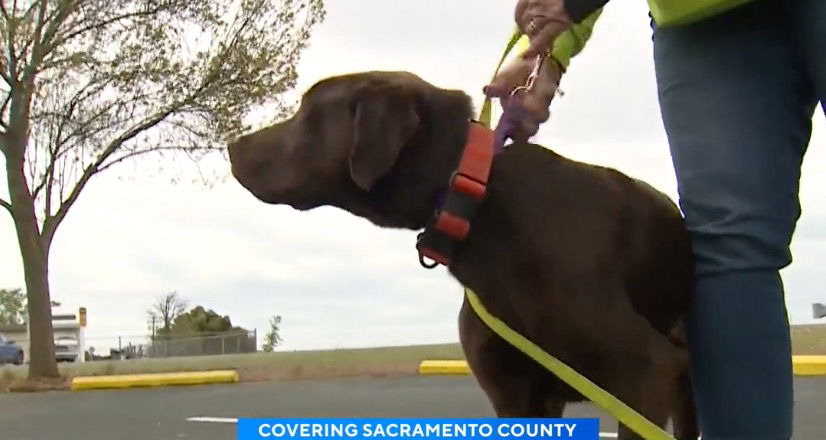Dogs to help fight spread of invasive golden mussels at Rancho Seco Lake

Before you go in the water at Rancho Seco Lake
By Esteban Reynoso
Click here for updates on this story
RANCHO SECO, California (KOVR) — Before you go in the water at Rancho Seco Lake, you need to let a dog sniff your boat.
This is all part of the fight against the invasive golden mussel that has been detected in several counties, and now dogs have joined our fight against their spread.
So far the waters are untouched by the golden mussel and now canines are being used to make sure they stay out.
Splash and Minnow are two of Debi DeShon’s 16 dogs on her team.
“Dogs in their mind, they’re playing a huge game of hide and seek,” DeShon said.
She’s the pack leader of Mussel Dogs, a company that specializes in mussel detection.
The newest tool in fending off invasive species in our waterways.
“The dogs are trained on the quagga mussel, zebra mussel and the golden mussel. The golden mussel is the newest one in our area,” DeShon said.
Despite its name, the golden mussel is not native to California.
“Once they’re in the lake, you can’t get rid of them. Then you have the whole infestation, then they’re clogging our pipes and the water isn’t able to move,” she said.
The California Department of Fish and Wildlife says the mussels, native to Asia, are now spreading through delta waterways, harming native species and water clarity.
The mussels, which are almost undetectable as larvae, attach themselves to boats and kayaks and is what makes them so hard to catch.
That’s where Splash and Minnow come in.
DeShon says they can smell the golden mussel’s larvae.
“Teach them to go find their ball in a box and to sit or stare or what have you, and we just pair the odor with the ball,” she said.
Most of her trained dogs are rescues and throughout the summertime, when it gets busy, all of them will be at different parts of the state, stopping this invasive mussel with their nose.
“This is the down season so they’re all super happy,” she said.
For the next almost two months, DeShon and her team will be out here checking every vessel that goes into the water.
She’ll work on training park staff so they can know what to look for too.
Please note: This content carries a strict local market embargo. If you share the same market as the contributor of this article, you may not use it on any platform.

